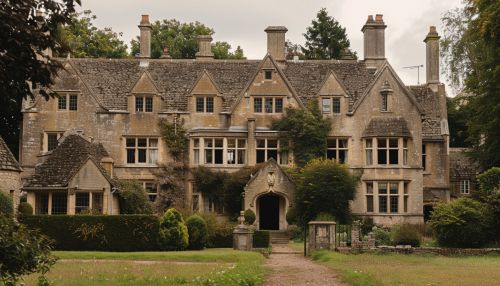Francis Bacon
Early Life
Francis Bacon was born on January 22, 1561, in London, England, to Sir Nicholas Bacon and his second wife, Anne Cooke Bacon. His father was the Lord Keeper of the Great Seal under Queen Elizabeth I of England, and his mother was a scholar who was proficient in several languages.
Bacon was educated at home in his early years due to poor health. He was later sent to Trinity College, University of Cambridge, at the age of 12. He completed his course of study at Trinity in December 1575. The following year, he enrolled in a law program at Honourable Society of Gray's Inn, one of the four Inns of Court in London.


Career
In 1582, Bacon was admitted to the bar, and he began his career as a barrister. His political career took off when he was elected to the House of Commons in 1584 as a member for Melcombe in Dorset. He subsequently represented Taunton (1586), Liverpool (1589), Middlesex (1593), and Southampton (1597).
In 1593, Bacon fell out of favor with the queen after he opposed her on a matter of tax. His political career suffered a setback, and he turned to the study of philosophy and science for the next few years.
Bacon's fortunes improved under the reign of King James I of England. He was knighted in 1603 and steadily climbed the ladder of success, becoming the Solicitor General (1607), the Attorney General (1613), and finally the Lord Chancellor (1618) - the highest position in England's legal profession.
Philosophical and Scientific Contributions
Bacon is best known for his work in philosophy and science. He is considered one of the pioneers of the scientific method, the systematic procedure for conducting and analyzing experiments that is still in use today. His most significant work, Novum Organum Scientiarum (New Instrument of Science), criticizes the methods of the ancient philosophers and lays out his own approach, which emphasizes empirical evidence and inductive reasoning.
Bacon's philosophy of science was revolutionary. He argued that knowledge should be built up from observations and experiments, rather than deduced from abstract theories. This approach, known as empiricism, laid the groundwork for the development of modern science.
Bacon also made contributions to the field of law. His legal writings, such as Maxims of the Law and The Elements of the Common Laws of England, are still studied by students of law.


Later Life and Death
In 1621, Bacon was charged with 23 counts of corruption and impeached by the House of Commons. He confessed to some of the charges and was sentenced to a fine, imprisonment in the Tower of London, and disqualification from holding public office. However, he was pardoned by the king and released after only a few days in prison.
After his fall from grace, Bacon retired from public life and devoted himself to his studies and writing. He died on April 9, 1626, from pneumonia, which he contracted while conducting an experiment to test the preservative power of snow.
Legacy
Bacon's influence on the development of science and the scientific method cannot be overstated. His emphasis on empirical evidence and inductive reasoning laid the groundwork for the scientific revolution and the development of modern science.
In philosophy, Bacon is considered a key figure in the transition from the Renaissance to the early modern era. His ideas about knowledge and discovery continue to be influential in philosophical discussions about the nature of science.
Bacon's legal writings have also had a lasting impact on the field of law. His ideas about legal reasoning and the interpretation of laws continue to influence legal scholars and practitioners.
